Planning your first nonhuman primate (NHP) study? Learn the critical considerations, potential pitfalls, and expert strategies to ensure success in preclinical drug development.
Launching Your First NHP Study: A Critical Milestone for Emerging Biotechs
For many emerging biotechs and early-stage drug developers, launching a nonhuman primate (NHP) study marks a major inflection point. These studies are essential for evaluating pharmacokinetics (PK), pharmacodynamics (PD), and safety prior to first-in-human trials—yet they’re also among the most resource-intensive and technically demanding steps in the preclinical process.
At Envol Biomedical, we’ve guided countless sponsors through this journey. Whether you’re new to NHP studies or recovering from a less-than-ideal CRO experience, here’s what to expect—and why early collaboration with the right partner is essential.
Why Nonhuman Primates? Maximizing Translational Value
NHPs offer an unparalleled translational advantage in preclinical research. With larger blood volumes and anatomical similarities to humans, they allow for more frequent sampling, advanced surgical modeling, and deeper pharmacological insight than rodent models. But with this power comes complexity—and cost.
That’s why it’s vital to extract the most value from every animal used. At Envol, we help sponsors clarify their scientific goals upfront, ensuring that study designs align with biological endpoints, regulatory expectations, and budget realities.
The First Step: Defining Your Study Objectives
Before diving into logistics, sponsors must answer one foundational question: What are you trying to learn from this study?
Key areas to define include:
- Study goals: Are you assessing pharmacokinetics, pharmacodynamics, safety/toxicity, or all of the above?
- Target endpoints: What biological or biochemical measures will indicate success or risk?
- Drug class considerations: Different mechanisms of action (MOAs) require unique study designs and sampling schedules.
- Data translation: How will findings integrate with prior rodent data or future clinical trials?
At Envol, we offer scientific consultation to help you define these elements, mapping your program’s needs to the most appropriate study design and execution plan.
Avoiding the Pitfalls: NHP Study Challenges You May Not See Coming
A poorly designed NHP study can derail timelines, inflate budgets, and jeopardize IND-enabling milestones. Here are a few common “hell” scenarios we help sponsors avoid:
- Mismatched animal models: Choosing the wrong NHP species or subspecies can lead to irrelevant or non-translatable data.
- Supply chain disruption: Limited availability of certain primate origins or age ranges can cause major delays.
- Underpowered study design: Using too few animals, or missing key endpoints, can result in inconclusive data.
- Inadequate expertise: CROs without deep NHP experience may overlook surgical feasibility, sampling strategies, or data integration.
By contrast, Envol helps sponsors build a proactive strategy—backed by board-certified toxicologists, experienced veterinarians, and translational scientists—designed for long-term success.
Species Selection and Supply Chain Realities
Unlike rodents, where selecting a model is as simple as choosing a strain or transgene, NHP selection involves nuanced decisions:
- Old World vs. New World primates
- Geographic origin and genetic background
- Age and health status
- Colony health records and baseline data availability
In addition to ensuring scientific alignment, Envol helps sponsors anticipate supply availability across current and future studies—critical for programs that may require longitudinal or repeat dosing.
Designing for Success: Getting the Most from Each Study
Once your objectives are clear and your model is defined, it’s time to design for maximum scientific value. This includes:
- Serial blood or tissue sampling (biopsies)
- Surgical model development
- Precision PK/PD alignment
- Adverse effect monitoring
- Real-time data interpretation to adjust study course as needed
With Envol’s internal team of expert NHP surgeons and scientists, we routinely help sponsors refine their design mid-study—reducing risk and maximizing every sample collected.
Conclusion: Partner with Experience, Plan with Vision
Launching a nonhuman primate study for the first time can feel overwhelming. But with the right partner, it becomes a strategic advantage. At Envol Biomedical, we don’t just execute—we collaborate.
We help you avoid costly missteps, optimize every element of your study, and generate data that moves your program forward—whether toward IND submission, partnership, or clinical entry.
Ready to start planning your first NHP study?
Contact Envol Biomedical today and let our experts guide your preclinical strategy.

